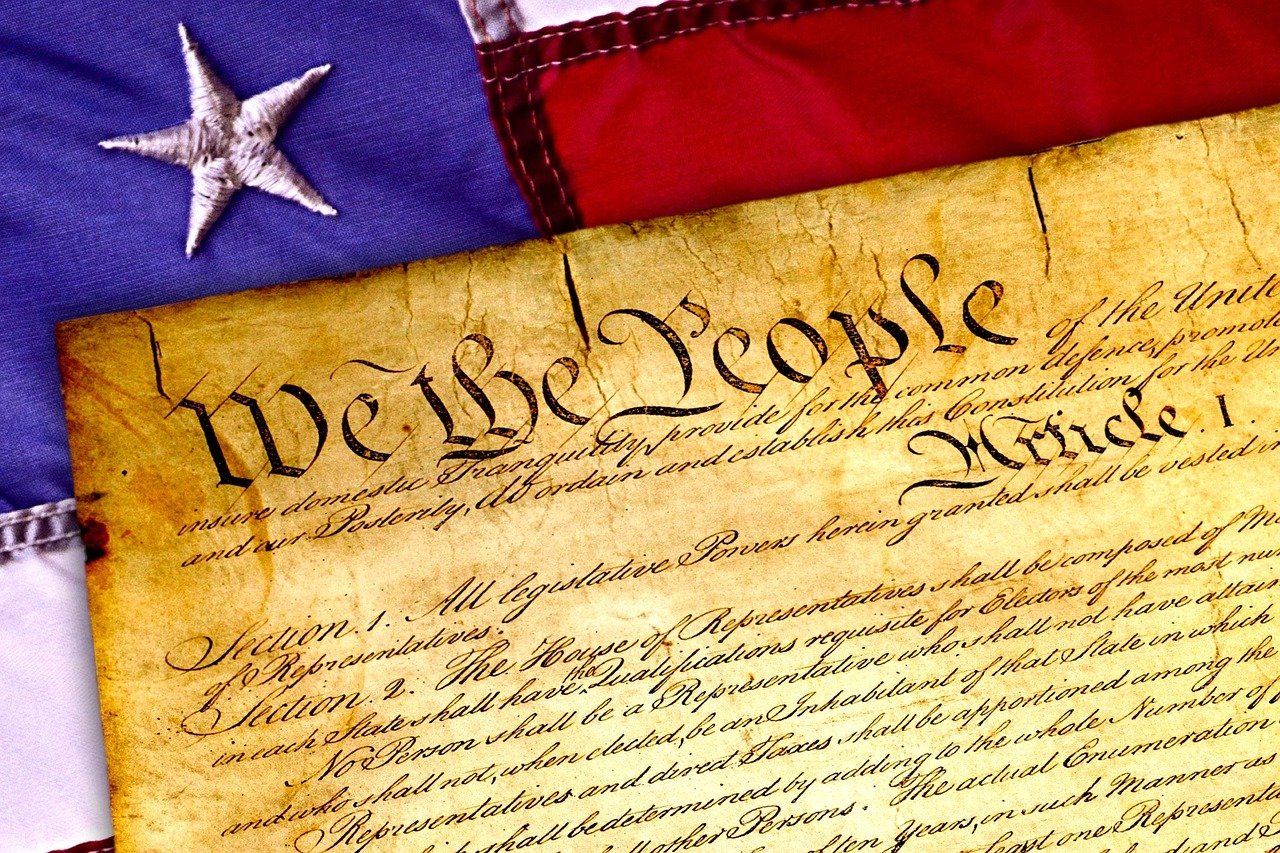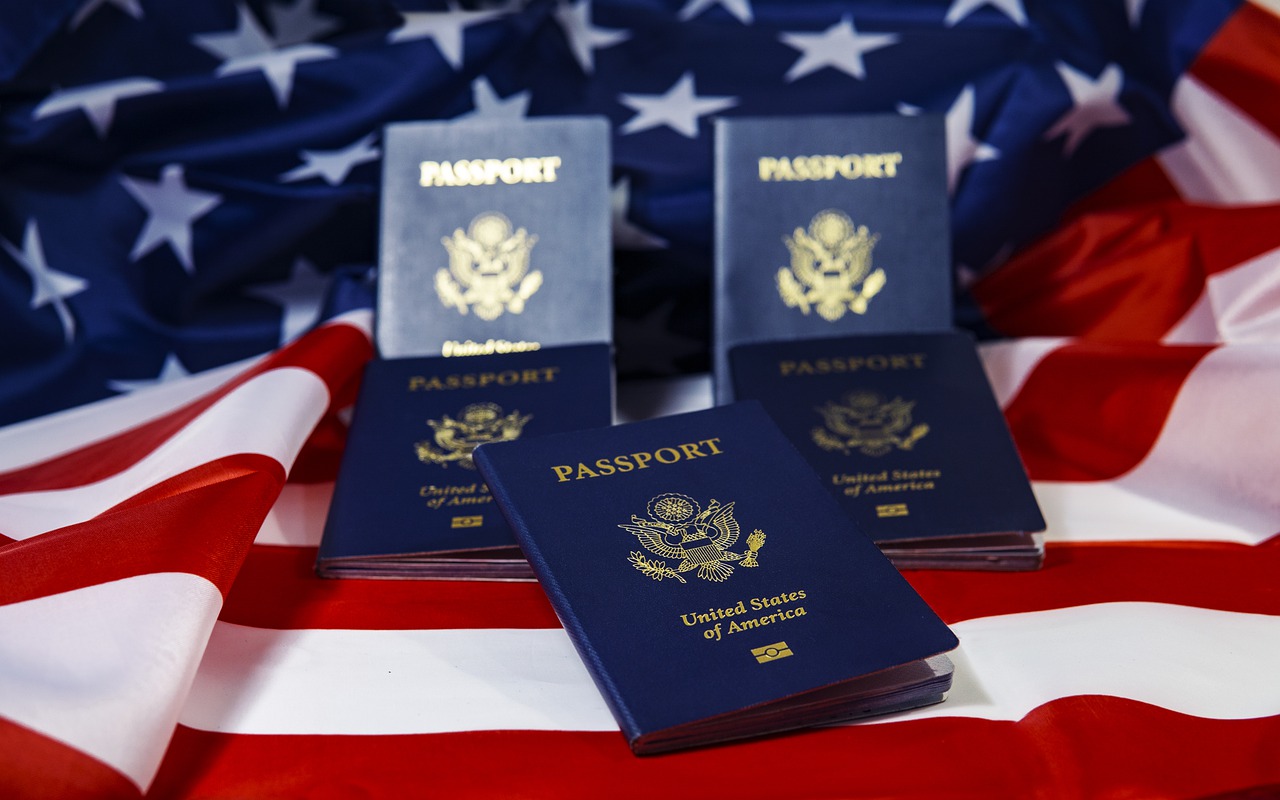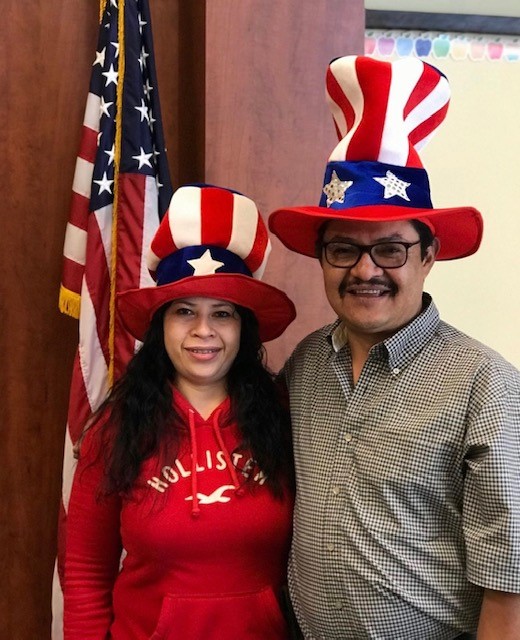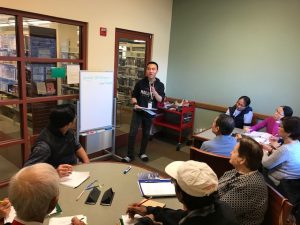
On September 17, the U.S. commemorated the signing of the Constitution by the Founding Fathers in 1787, recognizing all people who have become citizens for both native-born and naturalization.
For 230+ years, the Constitution has been the supreme law of the land. The Constitution, the Bill of Rights, and the 27 amendments define the U.S. government and guarantee people's rights. Every year on September 17, we celebrate Constitution Day and Citizenship Day, encouraging U.S. citizens to reflect on the rights and responsibilities of citizenship and what it means to be a U.S. citizen.
Citizens' Rights
- Live in the U.S.
- Vote in federal elections for public officials
- Apply for federal jobs
- Run for federal office
- Apply for a U.S. passport
- Petition relatives to live in the U.S.
- Freedoms: to express yourself, to worship as you wish, to experience "life, liberty, and pursuit of happiness"
- Right to a prompt, fair trial by jury
Citizens' Responsibilities
- Be loyal to the U.S.
- Support and defend the U.S. Constitution
- Respect and obey federal, state, and local laws
- Respect the rights, beliefs, and opinions of others
- Serve on a jury when called upon
- Participate in the democratic process
- Stay informed of the issues affecting your community and volunteer to make your community a better place
- Serve in the military (men 18-26 years old)
- Pay income and other taxes honestly and on time to federal, state, and local authorities
- Defend the country if the need should arise

Become a U.S. Citizen
There are two ways to become a U.S. Citizen, by birth or through naturalization:
By birth:
- You must have been born in the U.S. or certain territories subject to the United States jurisdiction.
- Have a parent(s) who were citizens at the time of your birth.
- If you were born outside the U.S., you must meet these requirements outlined by the U.S. Department of State.
By naturalization:
U.S. citizenship is granted to a foreign citizen after fulfilling the requirements established by Congress in the Immigration and Nationality Act (INA). To become a citizen by naturalization, you must:
- Apply for "derived" or "acquired" citizenship through parents before your 18th birthday
- or - - Apply for naturalization (after being a Lawful Permanent Resident of five years, married to a U.S. Citizen for three years, or serving in the U.S. Military).
The Process to Apply for Naturalization
- Complete the Form N-400 Application for Naturalization
- Biometrics services (pass fingerprint check)
- Pass the naturalization interview:
- Speak and understand basic English
- Write one sentence in English
- Read one sentence in English
- Answer correctly 6 of 10 civic questions from a 100 civic questions list. There are many questions on the civics test about rights and responsibilities of citizenship, such as, "What is the supreme law of the land?" and "What are two rights of everyone living in the United States?".
- Take the Oath of Allegiance (administered by a U.S. officer during an administrative ceremony or by a judge in a judicial ceremony)
SJPL Resources/Information for Naturalization
San José Public Library provides some resources for people interested in becoming U.S. citizens:
Citizenship Corners: A dedicated collection of test preparation materials: civic and English resources. Citizenship Corners are at ten SJPL branches:
- Bascom
- Biblioteca Latinoamericana
- Alum Rock
- East Carnegie
- Edenvale
- Educational Park
- Hillview
- Joyce Ellington
- Seven Trees
- Tully
U.S. Citizenship Preparation Booklist: recommended materials to help you prepare for the Citizenship Interview.
US Citizenship and Immigration Forms: some of the forms provided by the USCIS government agency.
Free Immigration Services: information about non-profit organizations that provide low-cost or free legal services.
Citizenship Preparation programs/events provided by library staff or volunteers.
English Learning Conversation Club/Classes provided by library staff or volunteers.
The United States of America offers rights and benefits established by law to its inhabitants. In return, the Oath of Allegiance recited at schools, formal government events, and during naturalization ceremonies requires the promise from its citizens to protect and defend this country, to obey the law, and to become together as one big community to confront any difficult situation.
Are you a good citizen with your neighbor? There are many ways we can contribute to having a better society, and the change starts with us. Be kind, be respectful, and inspire others.
Happy Citizenship Day!




Add a comment to: Citizenship Day and Constitution Day